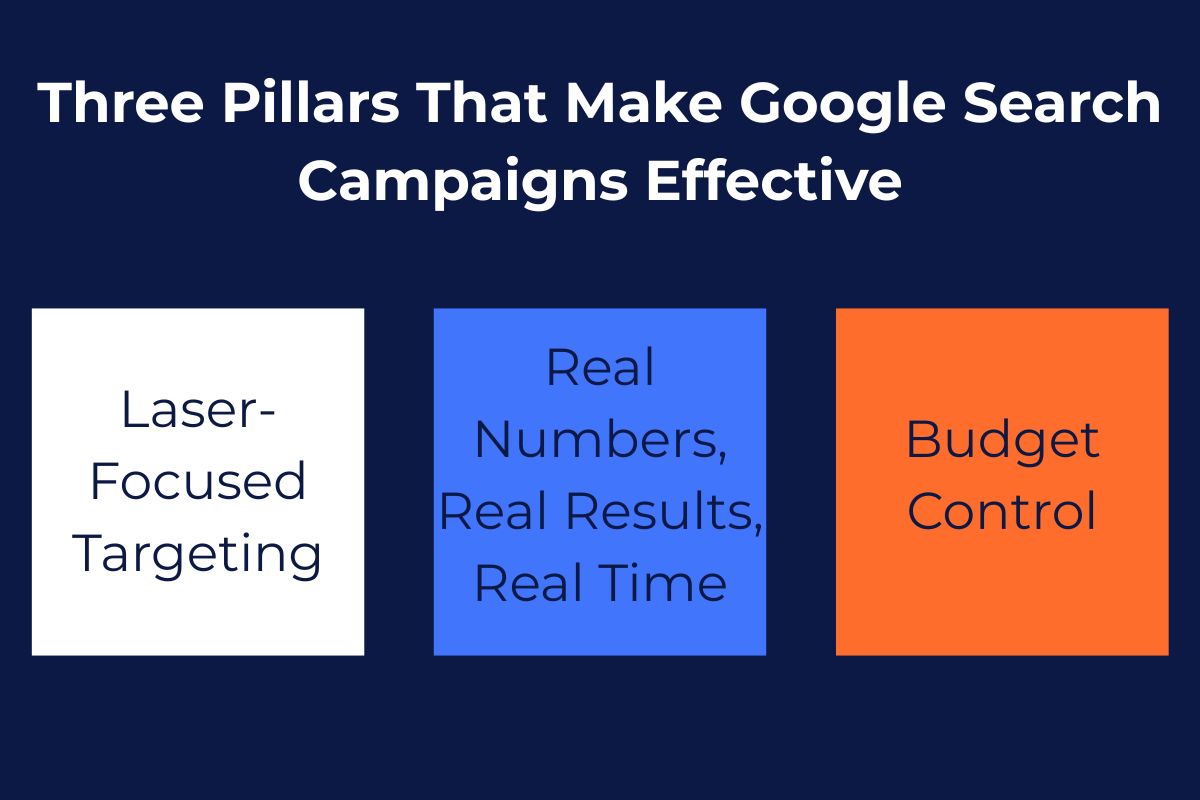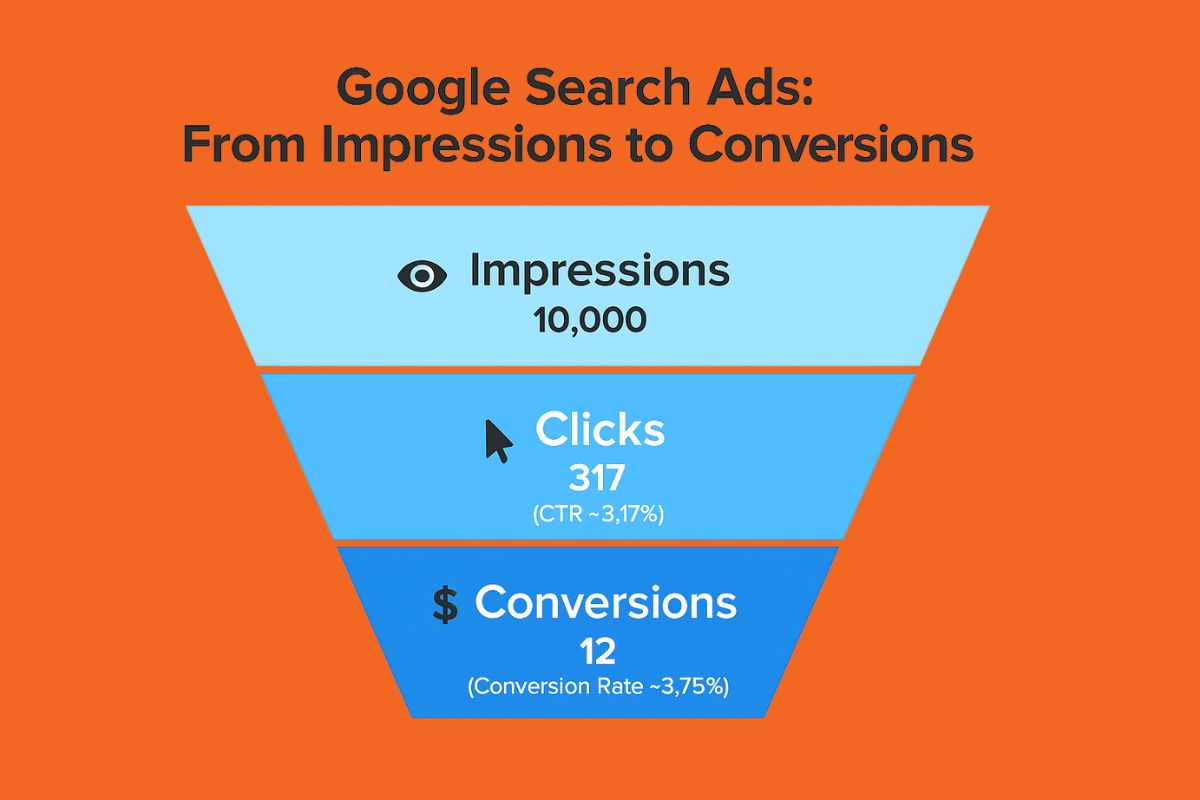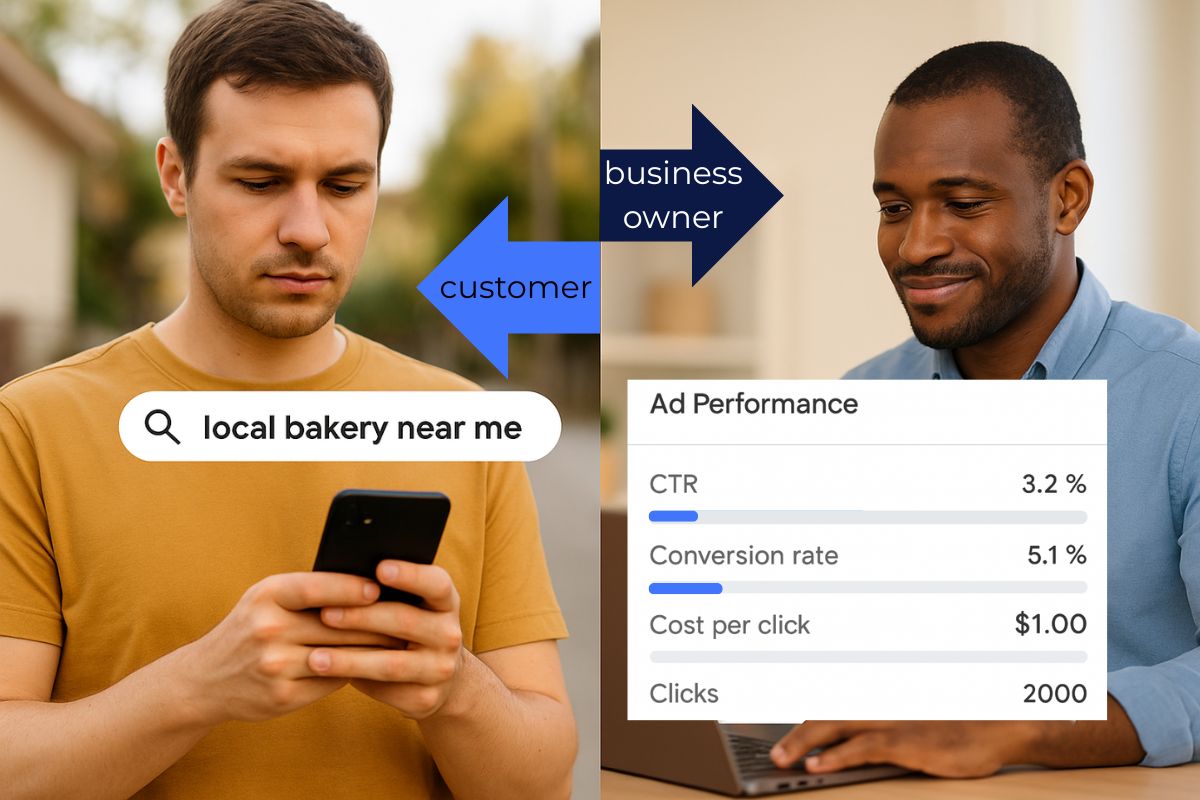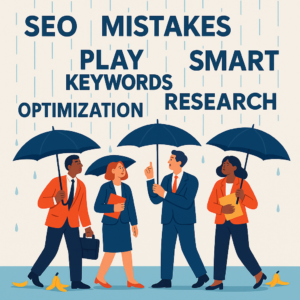Picture this: someone’s frantically Googling “emergency plumber near me” at 2 AM because their kitchen is flooding. At that exact moment, your plumbing business ad appears at the top of their search results. That’s the magic of Google Search campaigns – they put you in front of people who are actively looking for what you offer.
The key value proposition of Google Search campaigns is pretty straightforward: you’re not interrupting someone’s day with random ads. Instead, you’re answering their search query exactly when they need it most. It’s like having a perfectly timed conversation with a potential customer who’s already interested.
Why Google Search Campaigns Are a Game-Changer
Here’s the thing about most advertising – you’re basically throwing darts in the dark, hoping to hit someone who might be interested. But what is the key value proposition of Google Search campaigns that makes them different? Simple: they flip the script entirely.
When someone types “best running shoes for flat feet” into Google, they’re not casually browsing. They have a problem, they want a solution, and they’re ready to take action. Google Search campaigns let you step right into that moment of intent.
Plus, with the pay-per-click model, you’re only charged when someone actually clicks your ad. No wasted budget on people who scroll past without caring. Every dollar you spend is going toward someone who showed enough interest to click through.
The value proposition of Google Search campaigns really shines in three key areas: they’re precise, they’re measurable, and they work with your budget instead of against it.
The Three Pillars That Make Google Search Campaigns So Effective

1. Laser-Focused Targeting That Actually Works
Google doesn’t just throw your ads out there and hope for the best. You can get incredibly specific about who sees your ads:
- Location targeting – Want to reach people within 10 miles of your store? Done.
- Demographics – Target specific age groups, income levels, or parenting status
- Device preferences – Bid higher for mobile users if that’s where your customers convert best
This level of precision means you’re not wasting money on clicks from people who can’t or won’t buy from you. When you’re targeting someone searching for “organic dog food delivery” in your city, you know they’re a qualified lead.
If you want to get even smarter with your targeting approach, learning about improving relevance for search engines can give you a serious edge.
2. Real Numbers, Real Results, Real Time
One of the best parts about Google Ads? You don’t have to guess whether it’s working. The platform shows you everything:
- How many people saw your ad (impressions)
- How many clicked through (click-through rate)
- What does each click cost you (cost-per-click)
- How many actually converted (conversion rate)
This isn’t just data for data’s sake – it’s actionable intelligence. If you notice your ad is getting clicks but no conversions, you know the problem isn’t your targeting; it’s probably your landing page or offer.

Having this level of insight helps you make smarter decisions about where to spend your budget. Understanding SEO metrics can complement this data beautifully when you’re looking at the bigger picture of your search performance.
3. Budget Control That Makes Sense
Google Ads gives you complete control over your spending. Set a daily budget of $20 or $2,000 – it’s entirely up to you. You can also adjust your bids based on how valuable different keywords are to your business.
This flexibility means small businesses can compete with bigger companies by being smarter, not just by spending more. When you optimize properly, the return on investment can be substantial.
Want to boost your overall search performance? Understanding key SEO ranking factors can help your organic and paid efforts work together more effectively.
How Google Stacks Up Against Other Advertising Platforms
What is Google’s value proposition for paid search compared to social media advertising? It all comes down to timing and intent.
Facebook and Instagram are great for reaching people based on their interests and behaviors. LinkedIn excels at connecting with professionals in specific industries. But Google? Google catches people in the act of searching for solutions.
Someone scrolling through Facebook might see your ad for running shoes and think “oh, that’s nice” before moving on to cat videos. But someone who Googles “best trail running shoes 2025” is actively shopping. They’re comparing options, reading reviews, and getting ready to buy.
That’s why the key value proposition of Google Search campaigns is so powerful – you’re not interrupting; you’re answering.
Making Your Ads Stand Out (In a Good Way)
Google gives you plenty of tools to make your ads more compelling and useful:
- Sitelinks guide users to your most important pages
- Call extensions let mobile users dial you directly from the search results
- Price extensions show your competitive pricing upfront
- Promotion extensions highlight current deals or offers
These features make your ads more helpful and clickable. Instead of just a boring text ad, you’re giving potential customers multiple ways to engage with your business right from the search results.
This customization is a huge part of what makes the value proposition of Google Search campaigns so attractive. You’re not stuck with one-size-fits-all advertising.
Speaking of standing out, having a solid search engine positioning strategy helps ensure your brand shows up consistently across all search touchpoints.
The Bottom Line: Why Google Search Campaigns Work
The key value proposition of Google Search campaigns comes down to four simple words: right person, right time.

You’re reaching people who are actively looking for what you sell, at the exact moment they’re ready to make a decision. You have complete control over your budget and targeting. And you get detailed data showing exactly how your investment is performing.
Whether you’re a local bakery trying to attract more weekend customers or a SaaS company looking for enterprise clients, Google Search campaigns offer unmatched potential to:
- Connect with high-intent prospects
- Control your advertising spend down to the penny
- Track and optimize performance in real time
- Scale what works and eliminate what doesn’t
If you’re tired of advertising that feels like throwing money into a black hole, Google Search campaigns might be exactly what you need.
Frequently Asked Questions
What makes Google Search Ads different from other types of advertising?
Unlike display or social media ads that interrupt what people are doing, Google Search Ads appear when someone is actively looking for products or services like yours. You’re solving their problem instead of creating a distraction.
How much should I spend on Google Search campaigns?
Start with whatever budget you’re comfortable with – even $10-20 per day can generate valuable data and leads for small businesses. You can always increase spending once you see what’s working.
Do I need to hire an agency to run successful Google Search campaigns?
While you can definitely manage campaigns yourself, the platform has a learning curve. Working with experienced professionals can help you avoid expensive mistakes and get better results faster.
How quickly will I see results from my campaigns?
You can start getting clicks and data within hours of launching your campaigns. However, it typically takes 2-4 weeks to gather enough data to make meaningful optimizations.
What if my competitors are bidding on the same keywords?
Competition is normal and healthy. Focus on creating more relevant, compelling ads rather than just trying to outbid everyone. Google rewards relevance and quality, not just high bids.
Can Google Search campaigns work for local businesses?
Absolutely! Local businesses often see excellent results because they can target people searching in their specific geographic area. Someone searching for “dentist near me” is exactly the kind of high-intent prospect these campaigns excel at reaching.
Making It All Work for Your Business
Whether you’re running a cozy local shop or managing marketing for a Fortune 500 company, Google Search campaigns level the playing field. The beauty is in the relevance – you’re not shouting into the void hoping someone will listen. Instead, you’re having a conversation with people who are already interested in what you offer.
This targeted approach naturally leads to better engagement. When someone searches for exactly what you’re selling, they’re much more likely to click your ad, explore your website, and actually make a purchase. Google Search campaigns ensure your message reaches the right people at the perfect moment – when they’re ready to take action.
Ready to maximize your search marketing results? The team at Indexed Zone SEO specializes in creating comprehensive strategies that work for your business.



